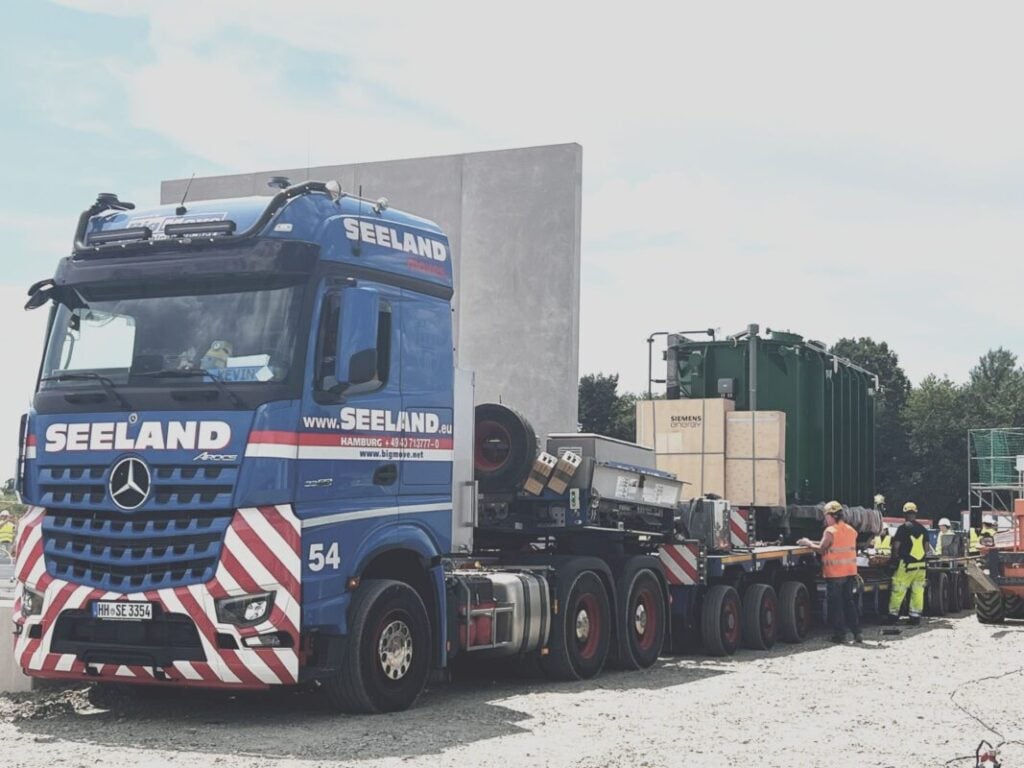The Nordic region’s ancillary services markets present an opportunity for fast-responding battery storage assets. According to research group LCP Delta, more than 300MW of grid-scale BESS is expected to come online within the next two years in Finland alone.
According to LCP Delta, that makes Finland the second hottest prospect in the Nordics after Sweden. As of mid-May, Sweden had a pipeline of 400MW of grid-scale batteries expected to come online within 2024.
The northern European region includes Denmark, Finland, Iceland, Norway and Sweden, in addition to autonomous territories and regions in the Faroe Islands, Greenland and Åland.
While there are some energy trading opportunities within the Nord Pool power exchange, the ancillary services markets are the main draw for BESS developers, leading to the majority making the decision to size their assets at relatively short durations.
That said, LCP Delta and other analysts have pointed out that opportunities to make big money from grid services in the Nordics may be relatively short-lived due to the shallow nature of those markets, as has been seen recently in the UK. This is leading to a race to deploy assets in the region.
In terms of other drivers for energy storage, Finland is targeting carbon neutrality by 2035, while its annual electricity demand is projected to increase 20% by 2030, reaching 1TWh by that time.
Last week, Energy-Storage.news reported on two other BESS deals in Finland, with another Swiss firm, Alpiq, ordering a 30MW/36MWh BESS and contracting for operations and maintenance (O&M) services with system integrator Merus Power.
Meanwhile, optimiser Capalo AI won a contract for a different, 38.5MW/38MWh project, which also utilises hardware from Merus Power and in development by private equity firm Arcadian’s local energy storage investment platform eNordic.
Growing network of European BESS industry partnerships
The somewhat complex interrelationships between the companies involved does not end there, with Alpiq and MW Storage having worked together in the past, including on one of the first major grid-scale battery projects in their shared home country of Switzerland, deployed in 2020.
MW Storage contracted Alpiq to manage and operate the 20MW/18MWh containerised BESS in Brunnen, in the Swiss municipality of Ingenbohl. That project also used equipment from Fluence. It was expanded to 28MW earlier this year.
In fact, while it will be global energy storage technology provider and system integrator Fluence and MW Storage’s third BESS collaboration in Finland, it will be the fifth joint project the pair have worked on in total in Europe.

The largest project collaboration is in the village of Arzberg in the Wunsiedel region of Germany. At 100MW/200MWh output and capacity, it was claimed to be the biggest grid-scale project in the country at the time of its announcement (Premium Access) in late December 2023, although it looks set to lose that title soon.
Developer Kyon Energy had already received approval for a 137.5MW/275MWh Germany project in November last year, although its commissioning date by the end of 2025 is likely to be later than that of MW Storage’s Wunsiedel project, which aims for early next year.
Additionally, in late April construction began on Eco Stor’s 103MW/238MWh BESS project in Bollingstedt, Schleswig-Holstein and developer Eco Stor is also targeting a number of potential 300MW/600MWh project opportunities in the country.
A topping-out ceremony was held last week for MW Storage’s Wunsiedel project, involving its partners Fluence and BKW Engineering, at the site which is near the Czech-German border.
MW Storage said via LinkedIn that the first transformer has been delivered to the site and set up, which the fund called “a major feat that the very well-rehearsed team mastered with ease.”

